// Advisory Board //
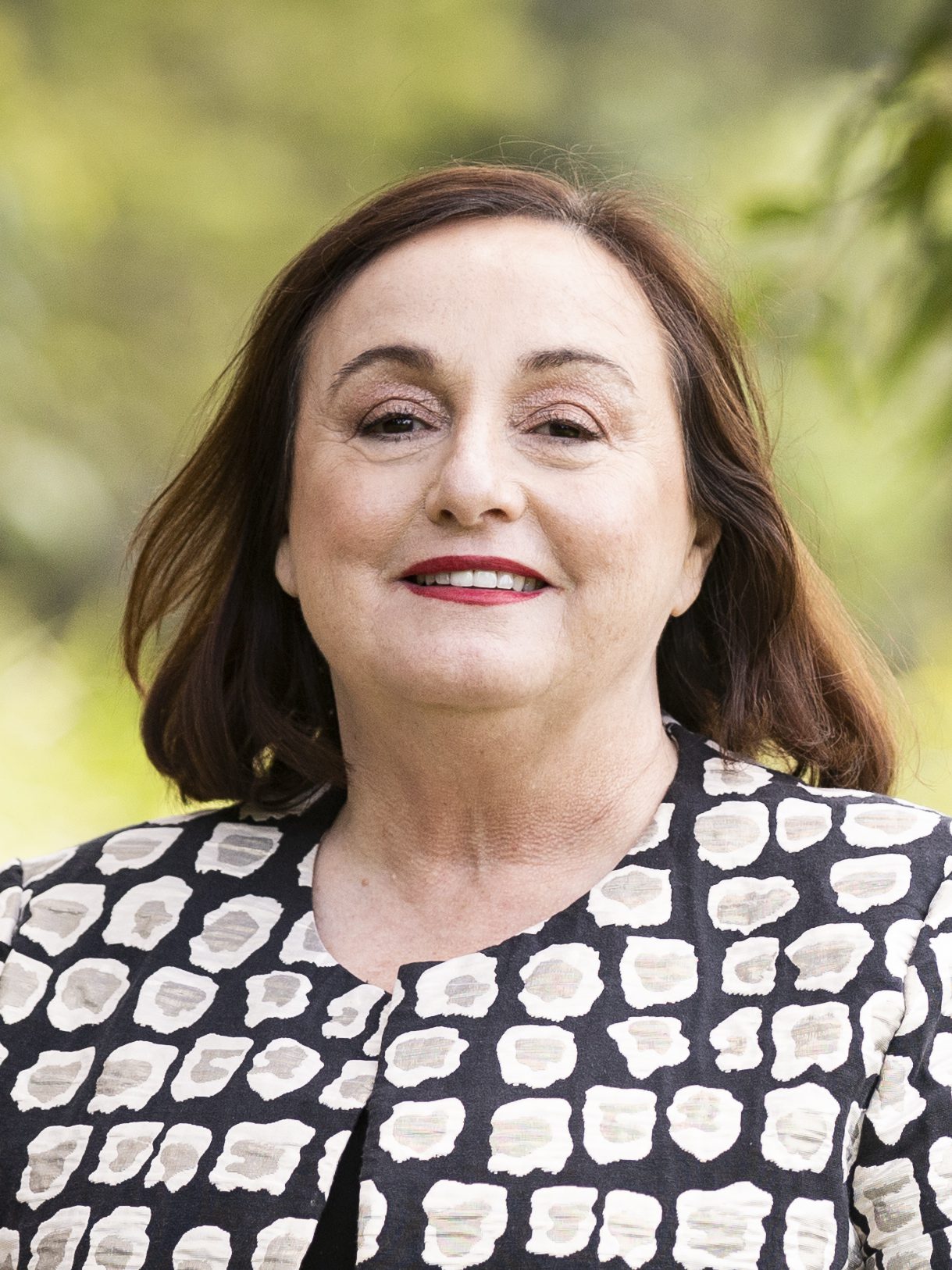
Professor Patricia M. Davidson PhD, MEd, RN, FAAN
Vice-Chancellor and President and NSQN Advisory Board Chair
Professor Patricia M. Davidson joined the University of Wollongong as Vice-Chancellor in May 2021. Prior to her current role, Professor Davidson was dean of the Johns Hopkins School of Nursing in Baltimore in the United States. In 2021 she was the recipient of the Consortium of Universities for Global Health (CUGH) Distinguished Leader Award. This honour celebrates her exceptional contributions to the advancement of global health worldwide.
As a global leader in nursing, health care, and advocacy, Professor Davidson’s work focuses on person-centred care delivery and the improvement of cardiovascular health outcomes for women and vulnerable populations. She has extensively studied chronic conditions, transitional care, palliative care, and the translation of innovative, acceptable, and sustainable health initiatives across the world.
Professor Davidson serves as counsel general of the International Council on Women’s Health Issues, and was a past board member of CUGH and secretary general of the Secretariat of the World Health Organizations Collaborating Centres for Nursing and Midwifery. She also serves on the Board of Health Care Services for the National Academies of Sciences, Engineering, and Medicine in the United States.
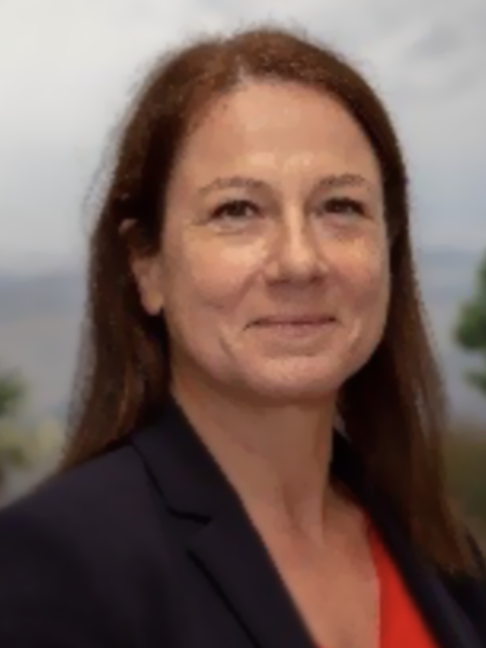
Aude Vignelles
Chief Technology Officer, Australian Space Agency
Aude Vignelles is the Chief Technology Officer of the Australian Space Agency. As part of the senior executive team, Aude leads and is responsible for writing the civil space strategy technical roadmaps, scoping and managing the Agency’s space programs and delivering on domestic and international activities. She provides an in-depth understanding of the national and international space industry, program management expertise and a breadth of space science and systems engineering skills. Prior to this role, Aude was the Executive Manager, Satellite & Fixed Wireless Operations at nbn.
Aude is a space and aeronautics engineer who started her career at the European Space Agency (ESA) in the Netherlands. She became a source of expertise for the test campaign of all scientific programmes run by ESA from their early phase, such as Rosetta. She was appointed Test Manager for the X-ray Multi Mirror mission (XMM), then the largest scientific space program ever carried out by ESA. She then moved to London where she started a career in the broadcast industry and successfully integrated the first digital terrestrial broadcast centre in the world. She continued this career in broadcast and media here in Australia with Foxtel and Austar. She later was appointed Vice President of Technicolor covering all programs in the APAC region.
Aude has been living in Australia for the past 22 years and has contributed to the Australian space community through White Papers, events at conferences with the growing start up community in Australia, and promotion for Women in Space and Engineering at universities.

Flavia Tata Nardini
Co-Founder and CEO - Fleet Space Technologies
Flavia co-founded Fleet in 2015 and currently manages the company in her role as CEO. She has a Masters in Space Engineering and a Bachelor Degree in Aerospace Engineering from University La Sapienza in Rome. Flavia previously worked as a Propulsion Test Engineer for the European Space Agency, and as a Propulsion Design and Test Engineer and Project Manager for TNO Netherlands Organisation for Applied Scientific Research.
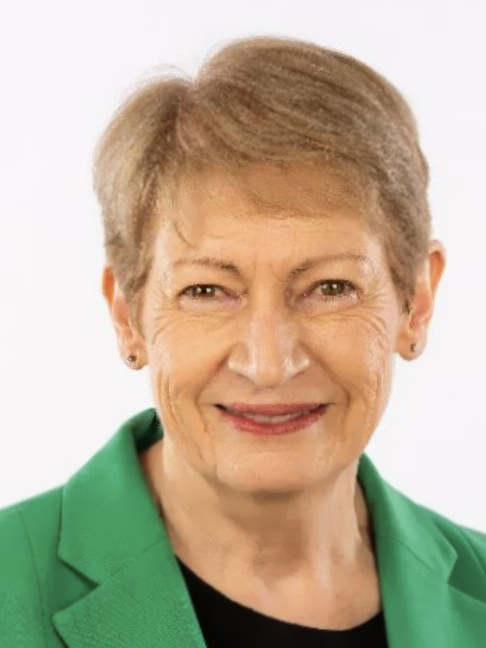
Carolyn Tremain
Chief Executive, Ministry of Business, Innovation & Employment, New Zealand
Carolyn Tremain has over 30 years’ experience leading large, complex service delivery organisations, and substantial change management programmes.
She is currently the Chief Executive of the Ministry of Business, Innovation & Employment (MBIE). The Ministry’s purpose is to ‘Grow New Zealand for all’, with its role to create better outcomes for all New Zealanders, particularly by supporting business growth. MBIE also incorporates the NZ Space Agency – set up in 2016, the NZ Space Agency is the lead government agency for space policy, regulation and sector development.
In addition to her MBIE responsibilities, Carolyn is Chair of the Public Sector Auckland Career Board, and is a member of the Victoria University of Wellington Business School Advisory Board.
Prior to joining MBIE, Carolyn held the roles of Chief Executive and Comptroller at the NZ Customs Service; and Deputy Commissioner Service Delivery and Deputy Commissioner People, Capabilities, and Governance at Inland Revenue – where she was responsible for frontline service delivery functions and the integration of new government programmes.
Earlier in her career, Carolyn worked for Air New Zealand where she was head of the Human Resources and Organisational Change for the Air New Zealand Group.
Carolyn holds a Bachelor of Arts from Victoria University, Wellington.
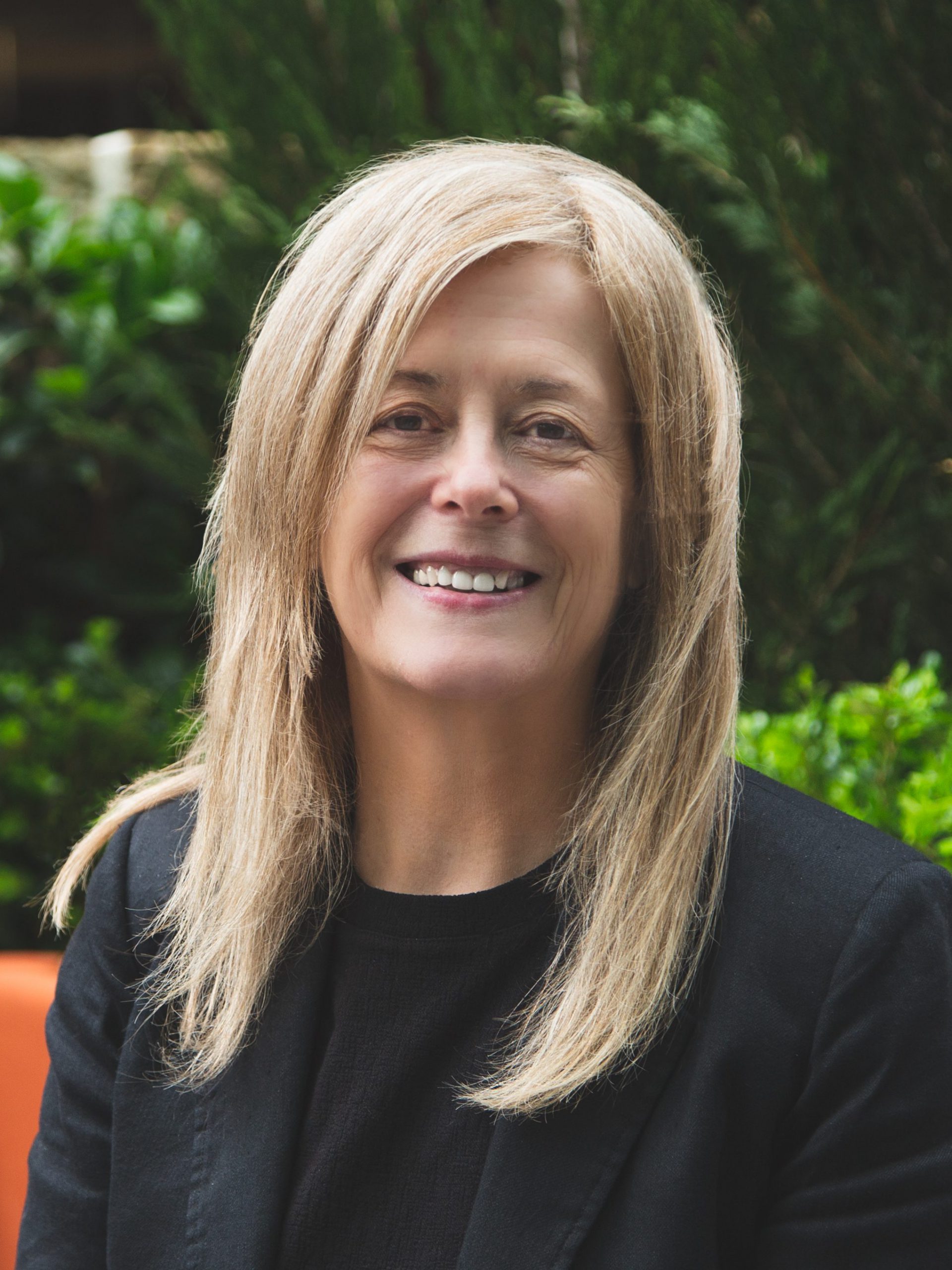
Professor (Hon) Caroline McMillen AO FAHMS
SA Chief Scientist
Professor Caroline McMillen commenced in the role as Chief Scientist for South Australia in October 2018 after serving as Vice-Chancellor of the University of Newcastle for 7 years.
She was appointed an Officer of the Order of Australia in 2020, awarded an Honorary Doctorate by the University of Adelaide in 2019 and was elected as a Fellow of the Australian Academy of Health and Medical Sciences and a Bragg Member of the Royal Institution, Australia in 2015. Professor McMillen was also honoured at the end of her term as Vice-Chancellor to be presented with the Key to the City of Newcastle by the Lord Mayor in recognition of her leadership contribution to Newcastle and the region.
She holds a BA (Honours) and Doctor of Philosophy from the University of Oxford, and completed her medical training graduating with an MB, B Chir from the University of Cambridge. She has served in learning and teaching and research leadership positions at Monash University, the University of Adelaide and at the University of South Australia where she held the role of Deputy Vice-Chancellor Research and Innovation prior to her move to Newcastle.
She serves on a range of Boards and Advisory Groups including as Chair of the Adelaide Biomedical City Board, member of the Royal Institution of Australia Council, the Australian Science Media Centre Advisory Board, the University Council of South Australia, the Australia Japan Foundation Board and she is currently the Australian representative for the Minister of Foreign Affairs on the Council of the University of the South Pacific. She is also a Director on the Boards of Compass Housing Services Pty Ltd and DMTC Ltd.
Professor McMillen has an international research reputation for her work which focusses on the early origins of adult disease. Her research group was funded across 2 decades by both the Australian Research Council and the National Health and Medical Research Council and she was a member of the PMSEIC Working Group on Aboriginal and Torres Strait Islander maternal, fetal and post-natal health.
Professor McMillen is an active champion for science and science education, for the next generation of scientists and particularly for girls and women in science and she was a Member of the Expert Advisory Group for Science in Australia Gender Equity (SAGE) which played a key role in the
introduction of the Athena Swan Awards in Australia.
Throughout her career Professor McMillen has been committed to building collaborations between universities, government, industry and communities that drive innovation and have a positive impact
on the economic, environmental, social and cultural health of Australia.
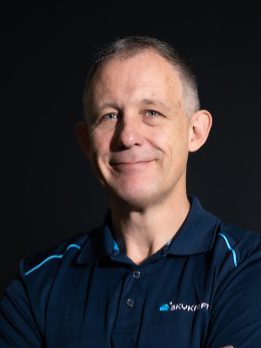
Dr Doug Griffin
Director and Chief Engineer - Skykraft
Dr Doug Griffin manages multi-disciplinary teams to develop and operate space missions and spacecraft systems. This work covers the entire scope of the development lifecycle; from initial customer engagement and system architecting, to feasibility assessment and development planning and then implementation and flight operations. He has strong skills in a broad range of technical and non-technical disciplines which enables him to successfully manage competing requirements in space mission design and development. He uses his strong leadership and people management skills to effectively manage teams of Engineers, Physicists.
After finishing his undergraduate degree in Mechanical Engineering at the University of Queensland with First Class Honours and then completing an experimental PhD in scramjet propulsion, Doug moved to Rome for three years where we worked at an Italian government research laboratory and then Alenia Aerospazio (now Thales Alenia Space).
In 1999, Doug moved to Oxford for a post-doc at the University working on projects sponsored by Rolls-Royce Aero engines. After that, Doug worked at the Rutherford Appleton Laboratory (RAL) for 15 years as a Space Systems Engineer, designing, developing and operating instrument payloads for ESA and NASA missions.
Upon returning to Australia in 2015, Doug worked at the UNSW Canberra at the Australian Defence Force Academy where he was instrumental in establishing the Space Engineering flight team and the founding of Skykraft.
In March 2020, he left the University to focus 100% on Skykraft where he is currently the Chief Engineer and on the board of directors. Skykraft is developing a commercial constellation of 200+ spacecraft to deliver global, real-time Space-Based Air Traffic Management services.
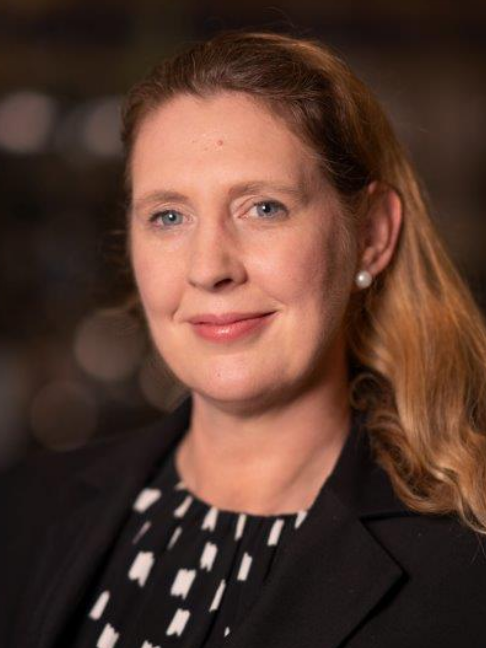
Professor Anna Moore
Director ANU Institute for Space and Project Lead Space Infrastructure Grant
Professor Anna Moore is at the forefront of the expansion of Australia’s space industry. She is director of The Australian National University (ANU) Institute for Space (InSpace).
Professor Moore was instrumental in the formation of the Australian Space Agency, as part of the Australian Government’s expert reference group. She is a distinguished researcher, a world-leading expert in astronomical instrumentation and a global leader in the emerging field of transient infrared astronomy.
Her expertise is critical to the space industry in Australia, NASA, the Scientific Committee on Antarctic Research, and many other global space industry partners. Anna is an inspirational role model to many women and is ensuring women thrive in the traditionally male-dominated STEM workforce. While 16 per cent of Australia’s STEM-qualified workforce are women, the InSpace team is more than 50 per cent female.

